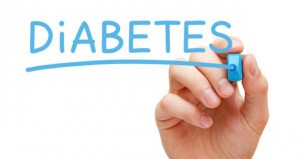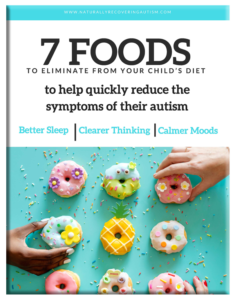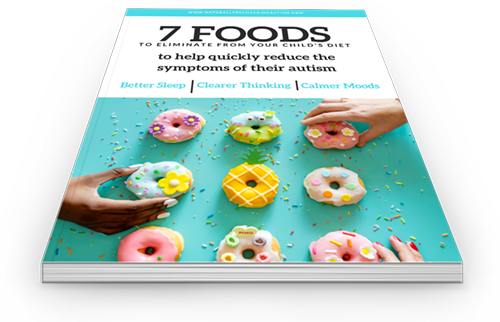 There are other physical problems that can accompany autism. One disorder that affects so many children today is diabetes. It is important to recognize the signs of diabetes, know the triggers and understand what you can do to prevent it from happening to your child.
There are other physical problems that can accompany autism. One disorder that affects so many children today is diabetes. It is important to recognize the signs of diabetes, know the triggers and understand what you can do to prevent it from happening to your child.
Two Types of Diabetes
There are two types of diabetes: Type I and Type II. Type II diabetes is acquired insulin and leptin resistance and is directly related to poor diet, such as one high in processed foods and refined sugars, combined with a lack of exercise. If you are lucky, you can balance Type II diabetes with the proper diet and exercise with no need for insulin injections.
Type I diabetes is more severe. It is an autoimmune disease caused by the immune system attacking the pancreatic cells that produce insulin. People with Type 1 diabetes need injections of insulin to prevent death. Type I diabetes can be hereditary and its onset can be triggered by many things.
Common Triggers of Diabetes
- Cow’s Milk: Drinking cow’s milk, especially before the age of two, is known to be one cause of juvenile diabetes (Vaarala O, Knip M, Paronen J, et al. Cow’s milk formula feeding induces primary immunization to insulin in infants at genetic risk for Type 1 diabetes. Diabetes 48(1999): 1389-1394). The milk proteins are quite similar to the proteins made by the pancreas which causes the body to attack its own insulin cells.
- Vaccinations: According to Dr. Donald Miller, Jr, M.D.there has been a 17-fold increase in Type I diabetes, from 1 in 71 hundred children in the 1950s to 1 in 400. This correlates with the increase in the vaccination schedule.
- Virus exposure
- Monosodium glutamate (MSG)
- Feeding grains to infants: Do not feed your infant grains. It is often the first food offered to babies in their first year. These days, grains are often
 processed, contain allergens, and feed the pathogenic bacteria in a babies’ gut.
processed, contain allergens, and feed the pathogenic bacteria in a babies’ gut. - Low levels of Vitamin D: about 70% of children in the US have low Vitamin D levels.
- Poor diet: One example of poor diet is too many simple sugars which cause the pancreas to become stressed to the point of exhaustion. When this happens, it stops producing insulin and insulin injections become necessary. Get the food guide here.
Prevention Assistance
- Vitamin D: Be sure vitamin D3 levels are adequate. One of the leading researchers in Vitamin D3, Dr. Michael Holick, has found that, “Children who receive Vitamin D3 supplements from the age of one and on had an 80% decreased risk of developing Type I diabetes” .
- Avoid products with cow’s milk.
- Gluten allergies as they are commonly related to Type 1 diabetes.
- Use caution and be fully educated about vaccines.
- Breastfeeding is the best choice always!
- When weaning and beyond, a diet of healthy whole natural foods grown organically are best.
- Stay away from the standard American diet of sodas, chips, processed foods, and those sprayed with pesticides or grown with antibiotics and hormones. Get your free guide to the top inflammatory foods to avoid.
- Fructose promotes insulin resistance and fat storage. This can be dangerous to your health. Be sure to avoid foods high in fructose, especially high-fructose corn syrup.
- DO eat a diet including a protein source that helps balance blood sugar along with good fat such as extra virgin olive oil and coconut oil.
There are many reasons why blood sugar can become imbalanced and solutions for what you can do to help keep it under control. Please listen to, Tips To Improve Holiday Eating and Behavior [Podcast Episode #157].
Please also listen to my other podcasts regarding diet, blood sugar, and healthier eating strategies including:
Hypoglycemia or Low Blood Sugar
Healthier Holiday Eating Strategies
Good Fats vs. Bad Fats For Brain Health in Autism
Learn about Keto-licious cookies here.
Learn more about food dyes here.
Here’s to helping your holidays be happier and healthier!
Diet makes a HUGE difference!
Get your FREE food guide to the top 7 foods to avoid for calmer behaviors,
clearer thinking, improved sleep, and more peace in your life!













thank you